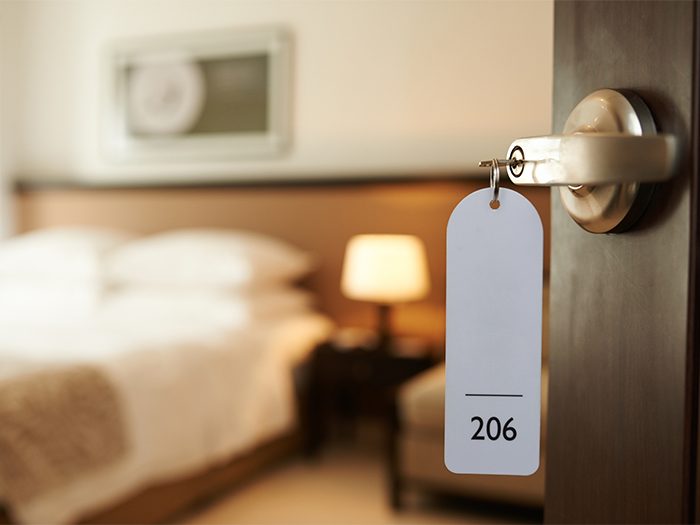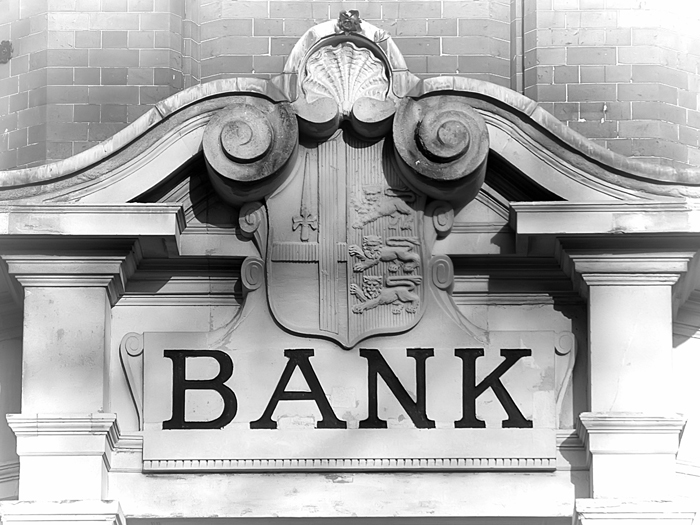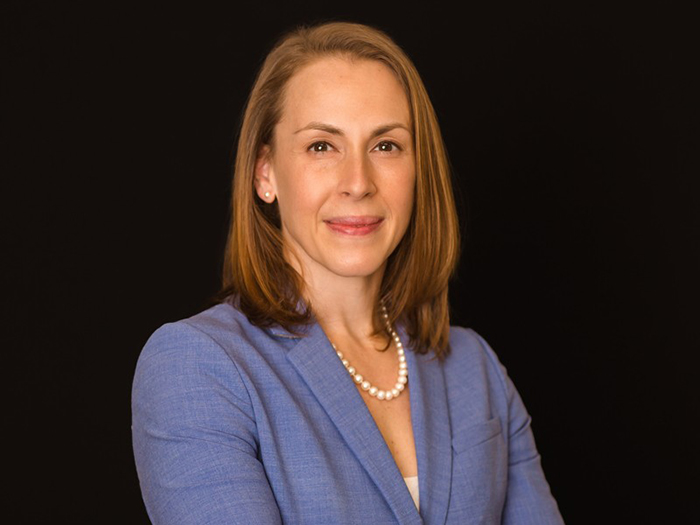9 Critical COVID-19 Risks for the Hospitality Industry

Christian Ryan grew up in the hospitality industry. The son of a hotelier in Brazil, Ryan got a first-hand education in running hotels, serving guests, and handling operations.
Years later, he saw the devastation that a pandemic can bring. As Zika virus spread through South and Central America in 2016, he couldn’t help but feel for his family members in Brazil. The pandemic shuttered restaurants, ground travel to a halt, and temporarily closed hotels.
“I saw what a pandemic did to the hospitality business,” said Ryan, the U.S. Sports, Hospitality, and Gaming Industry Practice Leader at Marsh. In response, Ryan helped Marsh build PathogenRx in 2018 — a pandemic insurance product that protects against the financial impact of pandemic and epidemic risks. It’s offered in partnership with Munich Re and modeling company Metabiota.
Fast-forward to 2020, and a new deadly virus is bringing the hospitality business to its knees. Restaurants and hotels are closed. Flights are grounded. Meetings and events are cancelled. Nobody seems to know when the world will open for business once again.
To learn more about how COVID-19 is impacting the hospitality industry, we asked Ryan and other experts to break down the most critical risks:
1) Business Interruption
The loss of revenue from business interruption is teetering on becoming catastrophic. Many businesses in the industry only close for Christmas or a disaster like a hurricane. Now they’re shuttered for weeks on end.
While some businesses might have pandemic coverage in a special plan like Marsh’s PathogenRx, most companies will simply include business interruption coverage in their property insurance — and doesn’t take effect unless there is physical property damage. In short, it’s most likely not covered.
“The biggest risk is loss of income,” said Joe Colletta, senior vice president of insurance brokerage NFP Corp. “Realistically, there is no coverage for coronavirus and a lot of the hospitality owners I’m seeing have had to let go of 40-75% of their employees.”
Inevitably, attorneys will get creative and contend that physical damage has been inflicted due to things like airborne contaminants or contaminants on surfaces. “That’s going to take a lot of lawyers suing a lot of insurance carriers. If one starts paying, the flood gates are going to open,” said Colletta.
Expect a long legal fight over this issue.
2) Consumers Might Be Fearful of Returning to Hotels, Restaurants and Attractions
After the pandemic wanes, expect consumers to be hesitant to take flights, eat at restaurants or stay at hotels.
“People are not going to want to stay in hotels for a while because they think they’re going to contract germs,” said Colletta. “The hotel business is going to take a while to come back. The cruise business is going to take forever to come back. Until it’s proven that guests won’t get sick, you’re going to see the industry hurting.”
Ryan argues that getting customers back will take a coordinated public relations effort: “I really hope that hospitality can come together in one aggregated voice to communicate to the public that hotels, cruise lines, and restaurants are safe,” said Ryan.
3) Business Travel Could Slow
During the pandemic, business leaders learned that video conferencing and online document signing are easy and effective. Why fly people around the world to do business when you can do it virtually? That would save businesses serious money in a time when budgets are tightening.
“Companies are going to say, ‘we managed really well with just telecommunication. Maybe we should do more of this and scale back on business travel,’ ” said Ryan. “People might say ‘I’d rather do that than get on a plane. I’m just too scared.’ ”
4) Talent Attraction and Retention
Plenty of workers in the industry were laid off or furloughed as a result of the coronavirus. That leads to a knowledge gap that will be hard to make up as employees find jobs in industries they think are safer and more secure.
“These are individuals living paycheck to paycheck so they need security,” said Ryan. “It’s like breaking up with your girlfriend then she calls you six months later. Are you really going to go back?”
5) Terrorism
The pandemic could be eye-opening to potential terrorists. If nation states or radical terrorist groups have access to chemical weapons and can intentionally release a virus, it could have a devastating impact, like the one we are currently seeing.
“They could think ‘maybe we don’t have to strap bombs to our bodies because we can inflict bigger casualties around the world through an outbreak,’ ” said Ryan.
6) Physical Vandalism
Criminals know that buildings are vacant and security is thin. That could lead to more break-ins, trespassing or even theft of computer systems and digital records.
“We’re telling all our clients to hire security. I know cash is tight but you could have an exclusion in your policy for vacancy of buildings,” said Ryan.
7) Workers’ Compensation Claims Could Spike
As furloughs and layoffs become imminent, a rise in workers comp claims becomes more likely, said Sean Murphy, senior director and vice president of the hospitality practice at Arthur J. Gallagher.
“Frequently we see an uptick in workers comp claims during economic downturns,” he said. “It is key to enhance claims management and advocacy during this period to address these claims upfront in order to avoid longer term financial implications.”
8) Insurance Premiums Are Still Due
Despite work stoppages, insurance premiums still loom large. Murphy says that’s leading brokers, insureds, and carriers to discuss mid-term adjustments.
“It’s about sitting down with clients to get their best guess of what exposures look like in a few months — then going back to markets and saying ‘we need some help,’ ” said Murphy. “That could lead to adjustments on premiums or even payment terms.”
9) The Unknown
There are plenty of risks when buildings sit vacant or unoperational. For example, if a pipe breaks on the top floor of a hotel and nobody notices for weeks, it could do serious damage. This is similar to a delayed response for a pandemic; no one knows just how extensive the impact will be.
“There is heightened concern from insurers about these outliers because they can lead to significant claims,” said Murphy. “Our clients are used to buildings that are operational 365 days a year, not managing empty buildings. So that’s a challenge.” &










